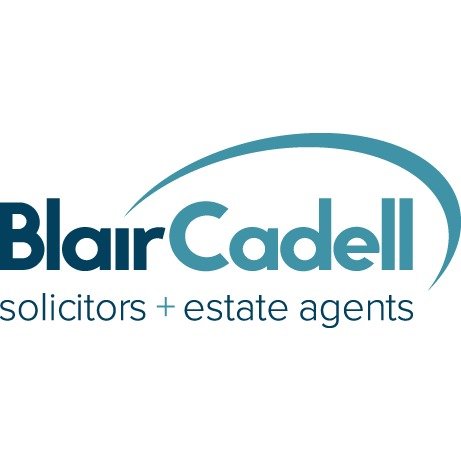Best Mortgage Lawyers in Edinburgh
Share your needs with us, get contacted by law firms.
Free. Takes 2 min.
Free Guide to Hiring a Real Estate Lawyer
List of the best lawyers in Edinburgh, United Kingdom
About Mortgage Law in Edinburgh, United Kingdom
In Edinburgh, the law governing the mortgage is primarily under the Conveyancing and Feudal Reform (Scotland) Act 1970. It dictates the procedures for establishing mortgage agreements, the obligations of the parties involved, and the process involved when homeowners are unable to meet mortgage repayments. Given the complex nature of mortgages, it involves financial and legal implications. Hence, it necessitates a clear understanding of the law.
Why You May Need a Lawyer
Having a lawyer by your side is essential in a few mortgage situations in Edinburgh. Lawyers can guide you in understanding the terms of your mortgage agreement, their implications, and obligations. They are valuable in cases of mortgage disputes, negotiating comebacks in cases of arrears, and most importantly, in navigating foreclosure procedures or mortgage defaults. Lawyers also come in handy while challenging a bank's actions in situations where they are considered unfair or above their jurisdiction.
Local Laws Overview
The law in Edinburgh, Scotland mandates lenders to follow certain procedures before taking any recovery action against homeowners. This includes giving homeowners reasonable time to repay the mortgage debt, offering advice, and providing necessary information and warnings before taking actions. Additionally, the Homeowner and Debtor Protection (Scotland) Act 2010 require lenders to obtain a court order before they can repossess a property. The court assesses the lender's compliance with pre-action requirements and the homeowner's circumstances before giving approval.
Frequently Asked Questions
What are the pre-action requirements for mortgage disputes in Edinburgh?
Pre-action requirements involve comprehensive measures to ensure all possible alternatives to eviction are explored. This includes providing clear information about the default, discussing why it happened, exploring options to resolve the default and giving reasonable time to the borrower to address it.
What protection do I have against unfair possession?
The Homeowner and Debtor Protection (Scotland) Act 2010 protects homeowners by ensuring lenders cannot repossess the property without a court order. Courts also consider the homeowner's circumstances and the lender's conformity to pre-action requirements before granting the order.
What actions can I take if I am struggling to meet my repayments?
You should notify your lender as soon as possible if you're having trouble meeting your repayments. They can provide you with advice or negotiate the repayment terms. In case you're unsatisfied with your lender's actions, legal advice can be sought.
Do I need a lawyer to review my mortgage agreement?
Although it's not mandatory, it is wise to have a lawyer review your mortgage agreement. They can help you understand your obligations, the terms of the agreement, and what happens if you default.
Can I challenge the actions of the lender if unreasonable?
Yes, lenders regulated by the Financial Conduct Authority (FCA) need to treat you fairly. If you believe your lender's actions were inappropriate or unfair, you can challenge them and may seek legal advice.
Additional Resources
You can seek free advice from national services such as the National Debtline and the StepChange Debt Charity. Moreover, The Money Advice Service and Citizen's Advice Bureau also offer guidance on recovering from mortgage arrears and dealing with defaults in Edinburgh.
Next Steps
If you require legal assistance, the first thing to do is to contact a lawyer who specializes in mortgage law. Before the meeting, be sure to collect all relevant documents related to your mortgage. Preparing a list of questions or concerns you have is also beneficial. The lawyer can then guide you on how to proceed after assessing your situation.
Lawzana helps you find the best lawyers and law firms in Edinburgh through a curated and pre-screened list of qualified legal professionals. Our platform offers rankings and detailed profiles of attorneys and law firms, allowing you to compare based on practice areas, including Mortgage, experience, and client feedback.
Each profile includes a description of the firm's areas of practice, client reviews, team members and partners, year of establishment, spoken languages, office locations, contact information, social media presence, and any published articles or resources. Most firms on our platform speak English and are experienced in both local and international legal matters.
Get a quote from top-rated law firms in Edinburgh, United Kingdom — quickly, securely, and without unnecessary hassle.
Disclaimer:
The information provided on this page is for general informational purposes only and does not constitute legal advice. While we strive to ensure the accuracy and relevance of the content, legal information may change over time, and interpretations of the law can vary. You should always consult with a qualified legal professional for advice specific to your situation.
We disclaim all liability for actions taken or not taken based on the content of this page. If you believe any information is incorrect or outdated, please contact us, and we will review and update it where appropriate.










